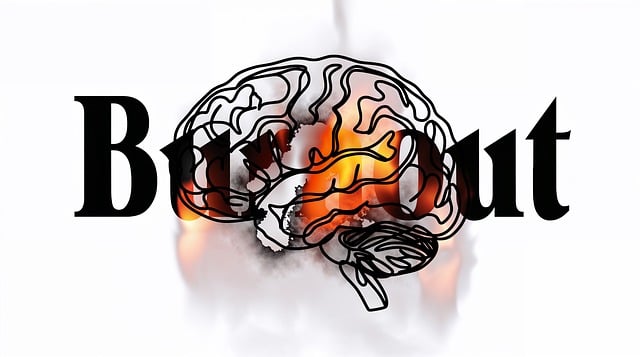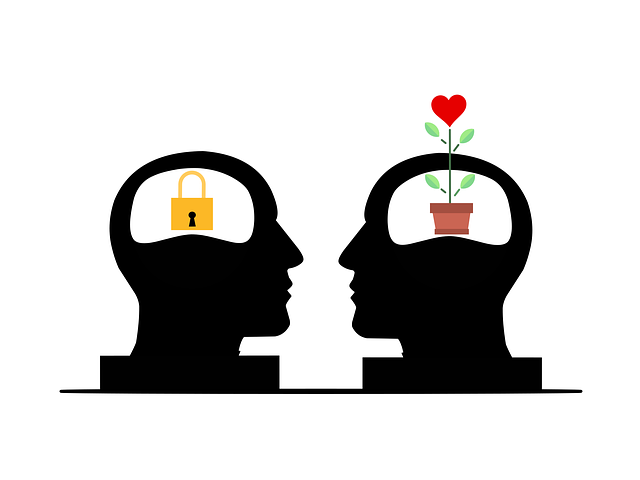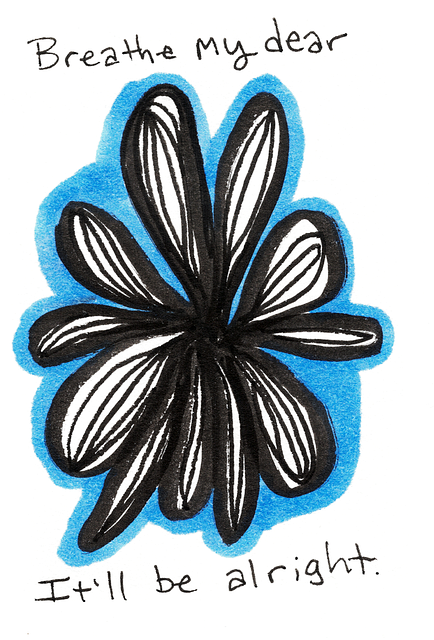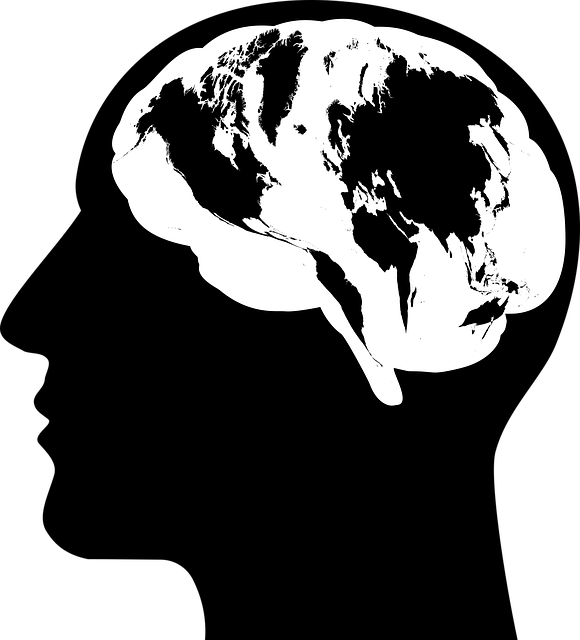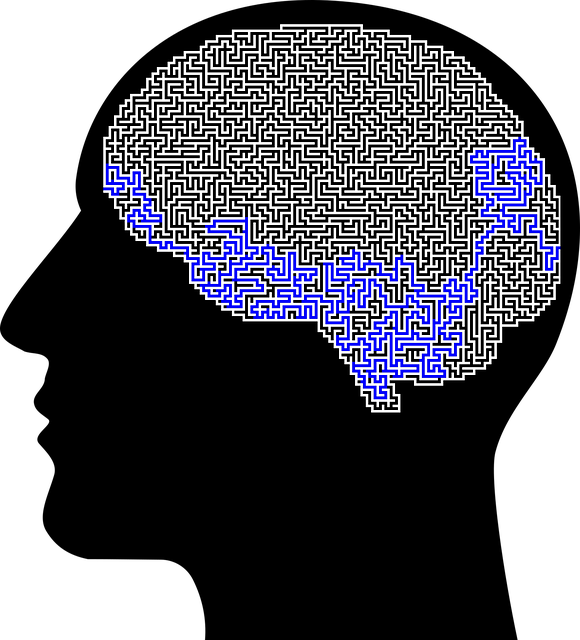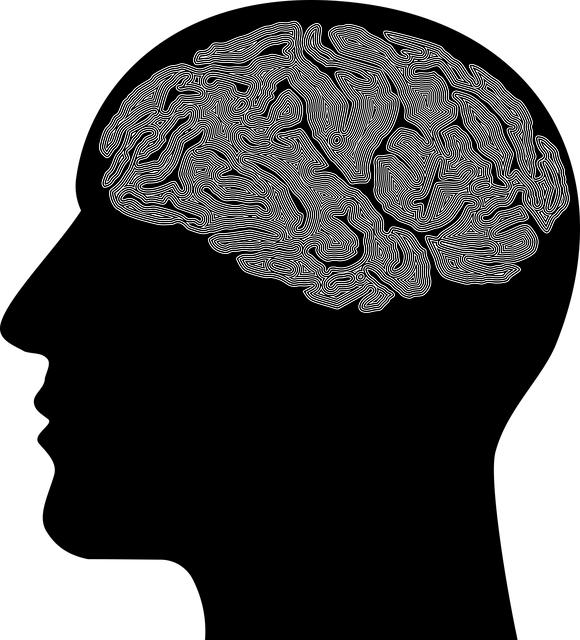Highlands Ranch Depression Therapy leads in culturally competent mental health care, addressing diverse patient needs. By integrating tailored risk assessments and stress management techniques, they ensure personalized support for all. Through workshops, case studies, and role-playing, their training programs foster cultural sensitivity and empathy among healthcare providers, improving patient outcomes and community relationships. Evaluating these initiatives shows enhanced cross-cultural communication, increased patient satisfaction, and better mental health results, setting a benchmark for inclusive therapy practices in Highlands Ranch and beyond.
“Cultural competency in healthcare is no longer a nice-to-have, but an essential requirement. This article explores why, delving into the profound impact of cultural bias and stereotypes on patient care. We present a case study highlighting the importance of cultural sensitivity in practices like Highlands Ranch Depression Therapy. Additionally, we offer insights into designing effective training programs and measuring their success, ensuring healthcare providers are equipped to deliver compassionate, culturally competent care.”
- Understanding Cultural Competency in Healthcare: Why It Matters
- The Impact of Cultural Bias and Stereotypes on Patient Care
- Highlands Ranch Depression Therapy: A Case for Cultural Sensitivity
- Designing Effective Training Programs for Healthcare Providers
- Measuring Success: Evaluating the Effectiveness of Cultural Competency Training
Understanding Cultural Competency in Healthcare: Why It Matters

Cultural competency in healthcare refers to the ability of medical professionals to understand and appreciate the cultural differences of their patients, families, and communities. It involves recognizing and respecting diverse values, beliefs, and practices that shape health behaviors and attitudes. In today’s diverse society, where individuals from various ethnic, racial, and cultural backgrounds seek healthcare services, this competency is more crucial than ever.
In Highlands Ranch Depression Therapy, for instance, cultural competency training equips healthcare providers with the skills to deliver effective care tailored to each patient’s unique needs. By understanding the social, economic, and environmental factors influencing mental health, therapists can offer Anxiety Relief, facilitate Conflict Resolution Techniques, and promote Resilience Building. This personalized approach ensures that patients from all backgrounds feel heard, understood, and supported throughout their therapy journey.
The Impact of Cultural Bias and Stereotypes on Patient Care

Cultural biases and stereotypes can significantly impact patient care, especially in a diverse healthcare setting. Healthcare providers, despite their best intentions, may unconsciously hold preconceived notions about certain ethnic or cultural groups, leading to misjudgments and misunderstandings. These biases can influence how patients are assessed, treated, and ultimately, their recovery outcomes. For instance, a stereotype that certain communities are less likely to seek mental health support could result in delayed treatment for individuals from those backgrounds, exacerbating existing conditions like Highlands Ranch Depression Therapy.
Moreover, cultural stereotypes might cause healthcare providers to rely on one-size-fits-all approaches, ignoring the unique needs and experiences of individual patients. This is particularly critical in mental health practices, where a patient’s cultural context plays a significant role in their understanding of illness, coping mechanisms, and treatment preferences. Incorporating risk assessment strategies tailored for diverse populations and enhancing stress management techniques can help mitigate these issues. By focusing on boosting the confidence of mental health professionals to navigate cultural differences, they can improve patient interactions, foster trust, and deliver more personalized care.
Highlands Ranch Depression Therapy: A Case for Cultural Sensitivity

In Highlands Ranch, depression therapy has evolved to recognize and address cultural sensitivity as a crucial aspect of patient care. The diverse population in this area necessitates that healthcare providers are equipped with the skills to navigate cultural differences, ensuring effective communication and empathetic treatment. Many organizations, like the Stress Management Workshops Organization, have taken the initiative to develop empathy-building strategies tailored to the unique needs of Highlands Ranch residents.
These efforts extend beyond individual therapy sessions, as public awareness campaigns play a significant role in destigmatizing mental health issues within diverse communities. By incorporating cultural competency training into their practices, healthcare providers can offer more inclusive and sensitive services, ultimately improving patient outcomes and fostering stronger relationships with the community.
Designing Effective Training Programs for Healthcare Providers

Effective training programs for healthcare providers should be meticulously designed to address diverse cultural needs and promote mental health awareness among patients and practitioners alike. In Highlands Ranch Depression Therapy, for instance, a comprehensive approach could include interactive workshops that foster open discussions on cultural sensitivity, burnout prevention, and resilience building. These sessions can utilize real-life case studies to challenge assumptions and encourage empathy, ensuring providers are equipped to offer care tailored to individual needs.
The curriculum should also incorporate active learning methods, such as role-playing scenarios, to simulate complex patient interactions. By engaging in these exercises, healthcare professionals can enhance their cultural competency while exploring strategies for managing stress and maintaining resilience. Ultimately, well-structured training empowers providers to create inclusive environments, improve patient outcomes, and contribute to a more robust mental health ecosystem.
Measuring Success: Evaluating the Effectiveness of Cultural Competency Training

Evaluating the success of cultural competency training is a crucial step in ensuring its effectiveness and impact on healthcare delivery. Measuring success goes beyond simply completing a training program; it involves assessing changes in provider attitudes, behaviors, and patient outcomes. This can be achieved through various methods such as pre- and post-training assessments, focus groups, and case study analyses. By comparing responses to surveys or interviews before and after the training, researchers can gauge improvements in cultural awareness and sensitivity.
For instance, studies have shown that successful cultural competency programs lead to better patient satisfaction rates, improved communication between providers and patients from diverse backgrounds, and reduced instances of miscommunication or misunderstandings due to cultural differences. In Highlands Ranch Depression Therapy, for example, training programs aimed at enhancing cultural competence have been linked to better outcomes in managing mental illnesses, including anxiety relief and stigma reduction efforts. Additionally, Burnout Prevention Strategies for Healthcare Providers often benefit from these initiatives, fostering a more inclusive and supportive work environment that positively impacts both provider well-being and patient care.
Cultural competency training is a game-changer in healthcare, as evidenced by the success of programs like Highlands Ranch Depression Therapy. By addressing cultural biases and stereotypes, these initiatives enhance patient care and improve outcomes. Effective training should be tailored to specific needs, measured for impact, and continually updated. In light of these considerations, it’s clear that investing in cultural competency is essential to creating a more inclusive and compassionate healthcare system.
